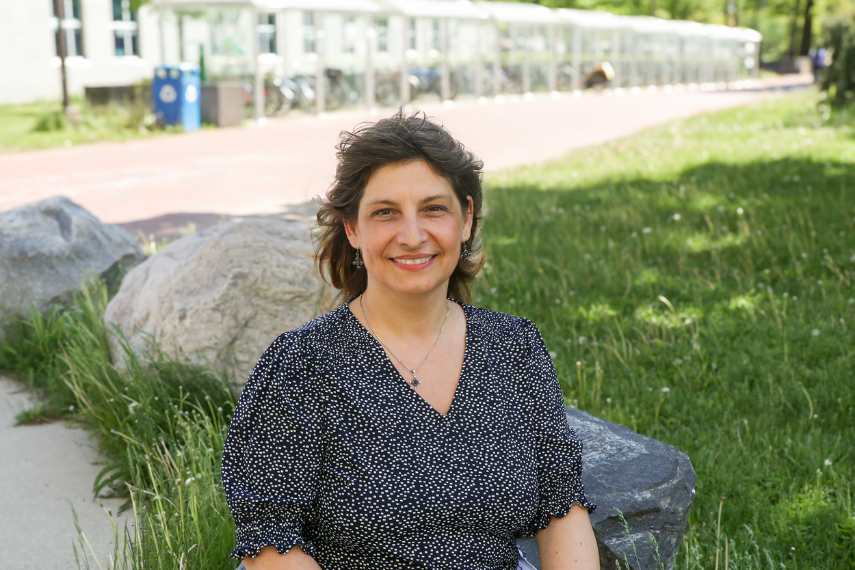Training Program Will Support Pandemic Preparedness

As part of a $15 million dollar initiative co-led by the University of Guelph to prepare Canada for another health emergency like the global COVID-19 pandemic, College of Engineering and Physical Sciences (CEPS) faculty will lead training for students and early career researchers at the University of Guelph (U of G).
On May 6, U of G announced a new initiative funded by the Canada Biomedical Research Fund (CBRF) and Biosciences Research Infrastructure Fund (BRIF) led by Drs. Lawrence Goodridge (Ontario Agricultural College) and Robert McKay of the University of Windsor. The Integrated Network for the Surveillance of Pathogens: Increasing Resilience and capacity in Canada’s pandemic response (INSPIRE) aims to prepare Canada for future health emergencies.
Critical to this initiative is the Inspire Training Network (ITN), co-led by U of G researchers including Dr. Monica Cojocaru, mathematics professor and CEPS Associate Dean, Research and Graduate Studies, alongside faculty at the University of Windsor.
The ITN aims to bring together diverse groups of qualified researchers from various career levels to collaborate across disciplines and gain hands-on experience in biomedical techniques, policy development, complex biomedical systems management and government and community relations.
“We are seeking multidisciplinary experts and researchers as we know that the pandemic does not exist in silos,” says Cojocaru. “We want biologists, chemists, data scientists, mathematicians, and more – if there is one thing that the COVID-19 pandemic taught us, it’s that we need diversity in thought and we also need to be better prepared in our response. That begins with training our scientists and engineers on the different methodologies and areas such as policy or modelling.”
A primary component of the ITN will include training experiences at participating institutions during July of years two to four of the project. Beginning in 2025, U of G will host up to three intensive courses per year, available for all master’s, PhD and postdoctoral fellows in the ITN. Anticipated topics could include ethics in artificial intelligence and patient data collection in partnership with the Centre for Advancing Responsible and Ethical AI; forecasting with big data; cyber security issues with biomanufacturing and data collection in partnership with the Canada Cyber Foundry; and data dashboards and research communication with data.
The courses will include a mix of on-campus and online learning. Trainees will engage in hands-on learning and gain valuable skills in networking, team building and communications, along with opportunities to connect directly with industry.
There will also be a peer-mentorship program, where every participant in the ITN will have an appointed mentor. This collaborative support structure will ensure that mentees have opportunities to grow their networks and career pathways, while faculty mentors will be prepared with onboarding and training.
Other elements of ITN include a Digital Hub of categorized, accessible and meaningful resources for participants, think tanks and conference attendance support.
Dr. Graham Taylor, engineering professor and academic co-director for CARE-AI, and Dr. Mark Habash, Ontario Agricultural College, are also researchers on the grant.
U of G will receive $3,237,557 from CBRF and $624,946 from BRIF to aid the training program.